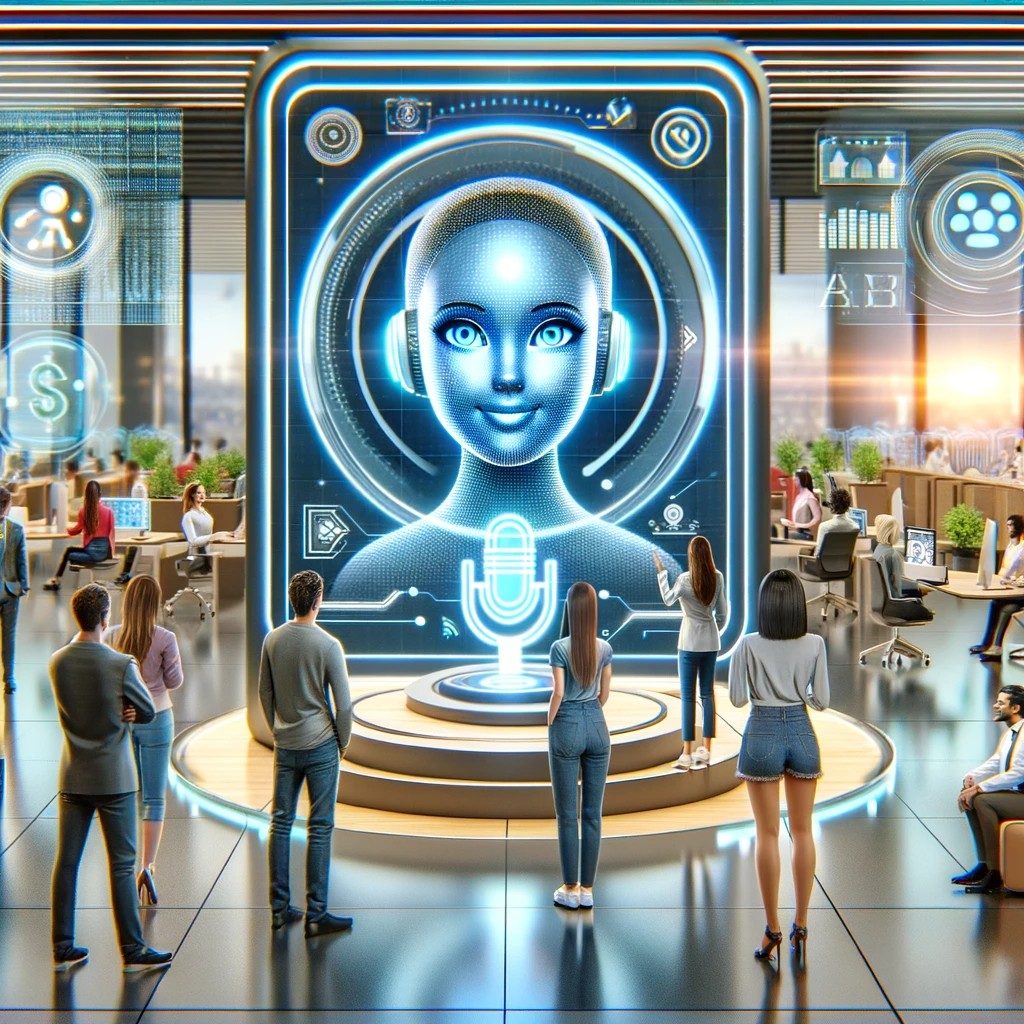As technological advancements reshape the modern business landscape, generative artificial intelligence (AI) has emerged as a transformative tool with unparalleled potential. According to PwC’s 2023 Global Hopes & Fears Survey, 52% of respondents believe that generative AI will positively impact their work. From automating tedious tasks to refining employee benefits programs, generative AI promises to redefine how companies operate.
Transforming the employee experience
One of the key areas where generative AI is making strides is in the realm of employee benefits and HR systems. Gone are the days when workers needed to traverse complex menus to change their 401(k) allocations or update benefits. With generative AI, employees can articulate exactly what they want, and the AI systems can execute these tasks seamlessly.
“This is a game-changer in terms of employee experience,” says Jane Smith, an HR expert. “Generative AI eliminates confusion and empowers employees to manage their benefits easily, freeing human resources to focus on more strategic initiatives.”
The strategic edge goes beyond mundane tasks.
Generative AI isn’t just an administrative assistant; it has the potential to be a strategic partner. In content creation, project management, and data analysis, AI can take over routine tasks, allowing employees to focus on higher-value work. Businesses want to implement AI tools strategically to enhance productivity while upholding quality standards.
“Generative AI allows us to reallocate human capital toward areas where it matters the most—innovation, strategic planning, and customer engagement,” says technology consultant Mark Johnson.
Potential risks and mitigations
While the potential is enormous, it’s crucial to acknowledge that generative AI has flaws. There are risks of biases and inaccuracies, as these systems are trained on vast datasets that may contain biased or incorrect information.
To address these concerns, companies are adopting robust governance models. The key is human oversight to validate the conclusions drawn by AI systems. “Generative AI should be seen as an assistant to human decision-makers, not a replacement,” stresses Emily Green, an AI ethics committee member.
The jobs of tomorrow
Interestingly, generative AI automates certain job functions and creates new job roles. The ‘Prompt Engineer’ position—experts skilled at optimizing AI tasks—is one such example. The future will see many jobs centered around responsibly managing and refining AI capabilities.
Preparing for the AI-driven future
To harness the transformative power of generative AI, proactive planning is essential. Companies should start by setting up an AI governance team to establish guidelines and assess potential risks and benefits. Subsequently, upskilling programs should be rolled out to prepare the workforce for this technological shift.
“Generative AI is not just another item in the tech arsenal. It is a paradigm shift, and for businesses to capitalize on its potential, a thorough understanding and responsible use are key,” says business strategist Laura Williams.
What lies ahead
Generative AI is not a static technology; it will evolve, presenting opportunities for constant refinement and adaptation. Businesses that prepare for this change, invest in employee training, and implement thoughtful governance stand to gain the most.
By marrying human ingenuity with the computational prowess of AI, businesses can look forward to a future where work is not just automated but elevated. With the right preparation, integrating generative AI into the workplace will herald an era of increased efficiency, innovation, and job satisfaction.





